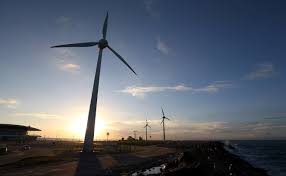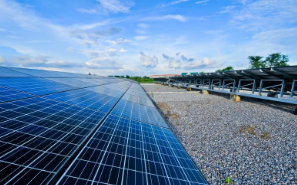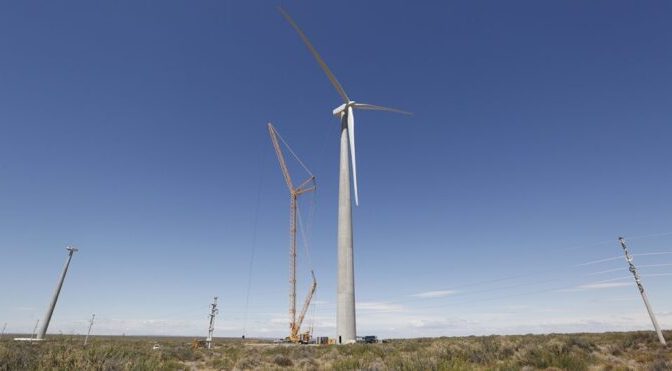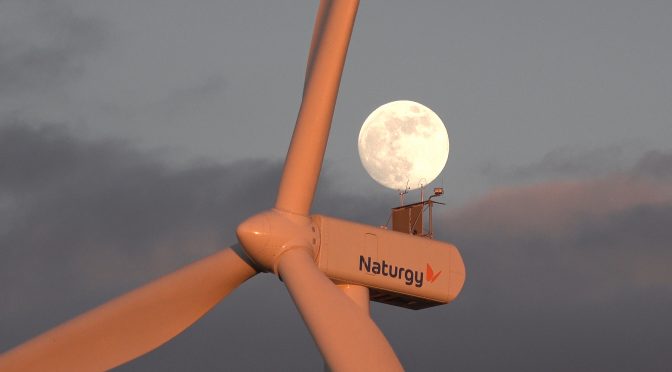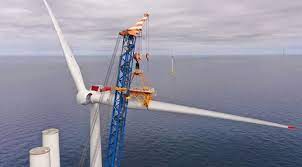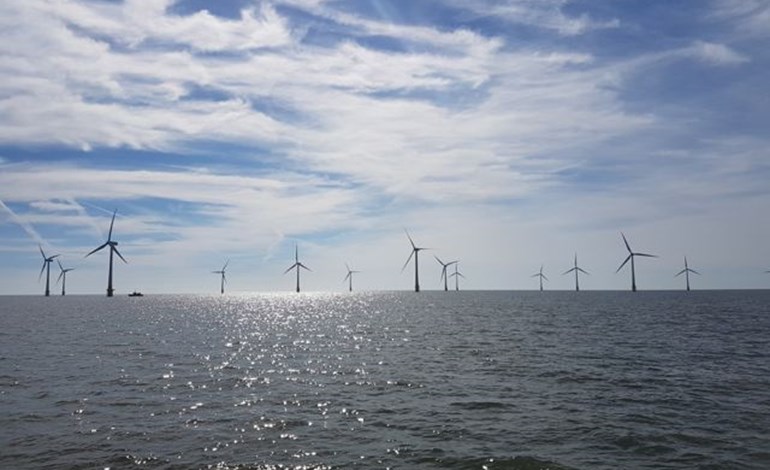
The European Commission has approved a €2.6 billion Estonian scheme to support renewable offshore wind energy to foster the transition towards a net-zero economy.
The measure will support the construction and operation of offshore wind farms for electricity production in the areas determined by the Estonian Maritime Spatial Plan.
The scheme was approved under the State aid Temporary Crisis and Transition Framework (TCTF) adopted by the Commission in March 2023.
The aid will be granted on the basis of a transparent and non-discriminatory competitive bidding process before the end of December 2025. The aid will take the form of a variable payment under two-way contracts for difference (CfD) concluded for a period of 20 years.
The aid amount will be calculated by comparing a strike price, determined in the tender offer of the selected beneficiary, to the market price for electricity. When the strike price exceeds the reference market price, the difference (price premium) is paid by the Estonian State to the beneficiary on top of the market price, with a maximum amount of aid granted capped at 65 €/MWh.
Conversely, when the reference market price exceeds the strike price, the beneficiary will have to pay the difference to the Estonian authorities. There will be a limitation on the annual volume supported for a given year (set at a maximum of 2 TWh/year).
The Commission found that the Estonian scheme is in line with the conditions set out in the TCTF and is necessary, appropriate and proportionate to accelerate the green transition.
Executive vice-president for clean, just and competitive transition Teresa Ribera said: "This €2.6bn scheme will enable Estonia to support the development of offshore wind as a way to reduce its dependency on fossil fuels and foster the energy transition. At the same time, it limits undue distortions of competition in line with State aid rules."

